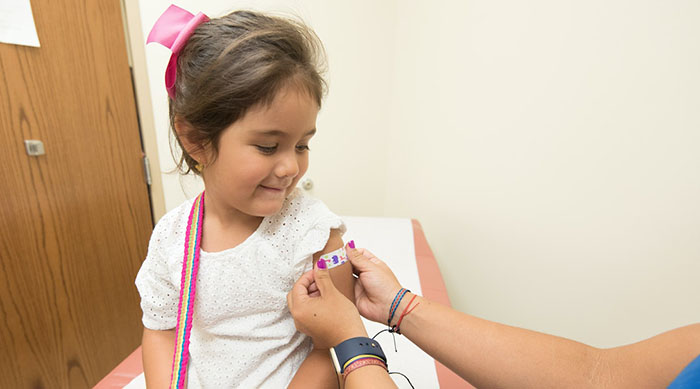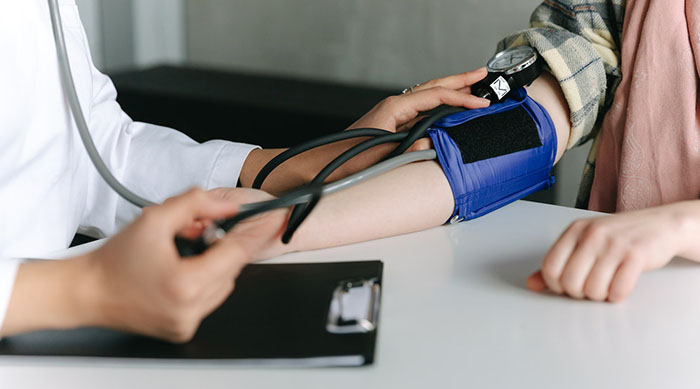Preventive care is care that helps you stay healthy. It includes things like doctor visits, screenings, and vaccinations. Under the Affordable Care Act (Obamacare), most preventive care is covered at no cost to you, even if you have a high-deductible plan. This means you won’t have to pay a copayment or deductible for preventive care.
Preventive medicine has a long history. For many years, people have been talking about eating healthy foods, exercising, and minimizing stress. But preventive care is much more than just that, it includes regular visits to the doctor for routine checkups to make sure we are healthy. Thanks to ObamaCare, you can get preventive care, such as doctor visits and checkups, without paying a copayment or deductible.
Examples of preventive care covered at no cost
Wellness visits
Wellness visits are annual visits with your doctor to discuss your health and make sure you are up-to-date on preventive care. During a wellness visit, your doctor will ask you about your health history, your current health, and your risk factors for certain diseases. They will also perform a physical exam and may order tests, such as blood tests or cholesterol tests.
A wellness visit aims to:
- Screen for diseases early: Many diseases can be detected early when they are most treatable. For example, a mammogram can help detect breast cancer early.
- Prevent diseases: There are many things you can do to prevent diseases, such as getting vaccinated and eating a healthy diet. Your doctor can help you develop a plan to prevent diseases.
- Manage chronic diseases: If you have a chronic disease, such as diabetes or high blood pressure, your doctor can help you manage your condition.
- Improve your overall health: Wellness visits can help you identify any health problems early and make lifestyle changes to improve your overall health.
Wellness visits are covered by The Affordable Care Act (Obamacare), so you do not have to pay anything out of pocket. If you are not sure if your plan covers wellness visits, you can contact your insurance company.
How to get the most out of your wellness visit:
- Be prepared: Bring a list of your medications and allergies. Also, be prepared to talk about your health history and your current health.
- Ask questions: Don’t be afraid to ask your doctor questions about your health.
- Make lifestyle changes: If your doctor recommends making changes, such as eating a healthier diet or exercising more, be prepared to make those changes.
Wellness visits are an essential part of staying healthy. By getting regular wellness visits, you can help catch diseases early, prevent diseases, and manage chronic conditions.
Immunizations
Immunizations, also known as vaccines, are shots that protect you from diseases. They work by exposing your body to a weakened or inactive form of the disease, which helps your body develop immunity to it.
There are many different types of immunizations, and they are recommended for people of all ages.

Some of the most important vaccines are:
- Measles, mumps, and rubella (MMR): This vaccine protects you from three serious childhood diseases.
- Diphtheria, tetanus, and pertussis (DTaP): This vaccine protects you from three serious diseases that can cause life-threatening complications.
- Polio: This vaccine protects you from polio, a disease that can cause paralysis.
- Hepatitis B: This vaccine protects you from hepatitis B, a serious liver disease.
- Haemophilus influenzae type b (Hib): This vaccine protects you from Hib, a bacteria that can cause meningitis, pneumonia, and other serious infections.
- Varicella (chickenpox): This vaccine protects you from chickenpox, a contagious disease that can cause serious complications.
- Human papillomavirus (HPV): This vaccine protects you from HPV, a virus that can cause cervical cancer and other types of cancer.
Immunizations are safe and effective. They are one of the best ways to protect yourself from preventable diseases.
Tips for getting immunizations:
- Talk to your doctor: Your doctor can help you determine which immunizations are right for you.
- Get vaccinated on schedule: Immunizations are most effective when they are given on schedule.
- Keep your immunizations up-to-date: As you get older, you may need to get boosters of certain immunizations.
- Talk to your doctor about any concerns you have about immunizations: Your doctor can answer any questions you have and help you make the best decision for your health.
Screenings
Screenings are tests that can help detect diseases when they are most treatable. They are not always 100% accurate, but they can help find diseases early enough to prevent serious complications or even death.
Some common screenings include:
- Mammograms: These are X-rays of the breasts that can help detect breast cancer early.
- Cervical cancer screening: This can be done with a Pap test or a HPV test. Cervical cancer screening can help detect cervical cancer when it is most treatable.
- Colonoscopy: This is a test that looks for polyps or cancer in the colon.
- Prostate-specific antigen (PSA) test: This test can help detect prostate cancer, but it is not always accurate.
- Blood pressure screening: This test can help detect high blood pressure, which can lead to heart disease and stroke.
- Cholesterol screening: This test can help detect high cholesterol, which can lead to heart disease and stroke.
- Diabetes screening: This test can help detect diabetes, which can lead to serious health problems, such as heart disease and stroke.
Screenings are recommended for people of all ages, but the specific screenings that are recommended vary depending on your age, gender, and risk factors.
Tips for getting screenings:
- Talk to your doctor: Your doctor can help you understand your individual risk factors and recommend the appropriate screenings for you.
- Get screened on schedule: Screenings are most effective when they are done on schedule.
- Keep your screenings up-to-date: As you get older, you may need to get more frequent screenings.
- Talk to your doctor about any concerns you have about screenings: Your doctor can answer any questions you have and help you make the best decision for your health.

Screenings are an important part of staying healthy. By getting screened regularly, you can help detect diseases early and get the treatment you need to stay healthy.
We hope this information helps you better understand what is preventive care and how ObamaCare can make it more affordable. If you have any questions regarding your insurance coverage, please contact us, our team is ready to answer all your questions!





